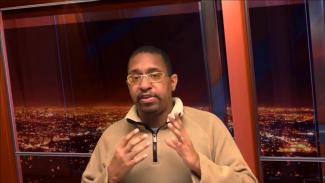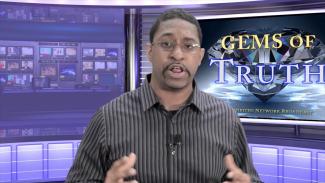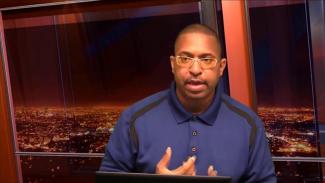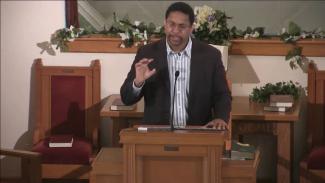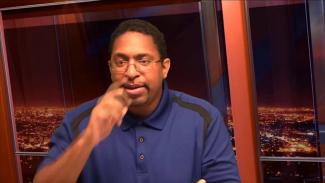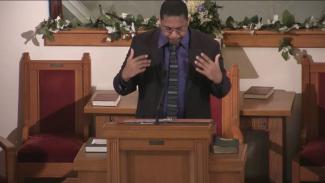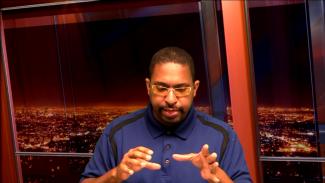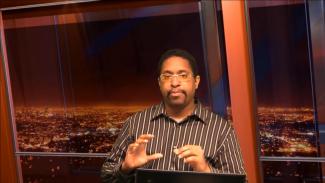What are the similarities between the Old Testament and New Testament Church? How is Peter's terminology about the Church similar to that of the Covenant language? Why does Peter use temple language to describe the New Testament Church? What is the role and mission of the Church compared with the Church of the Old Testament? Does it matter if we break the Covenant? Are we saved no matter what we do? Or are there conditions under which we remain saved?

